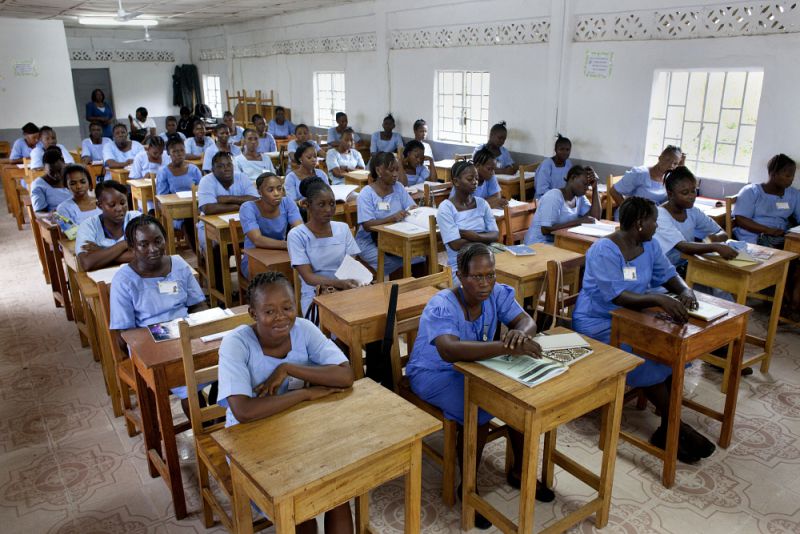By: Laura Owings
Send to a friend
The details you provide on this page will not be used to send unsolicited email, and will not be sold to a 3rd party. See privacy policy.
Policymakers and social scientists must team up to help achieve the global development agenda and help measure progress towards the Sustainable Development Goals (SDGs), a meeting has heard.
Social scientists can help formulate the goals, implement policies and measure their effects, heard the World Social Science Forum 2015 in Durban last week (13-16 September).
“Even in the most difficult circumstances, something is working somewhere.”
Michael Woolcock, World Bank's Development Research Group
They should “engage in such a way that policy and social science maintain ongoing conversation,” said Ebrima Sall, a sociologist and executive secretary of the Council for the Development of Social Science Research in Africa.
Sall spoke on a panel organised by UNESCO’s Management of Social Transformations (MOST), an intergovernmental science programme that aims to improve policies by bringing social science researchers and policymakers together.
The speakers said that indicators for progress in achieving the Millennium Development Goals vary from country to country, and are affected by a number of local circumstances, such as status of economic development. In Africa for example, Sall noted that countries emerging from serious conflict will not be able to meet the goals, which expire this year and are to be replaced by SDGs that will be agreed at a UN meeting in New York later this week.
According to the panel, it is the role of the social scientist to spot challenges and contributors to progress. “We’re not just looking at successes, but also analysing how we achieved success, whether it is sustainable and whether there are new trends of exclusion emerging,” said Sall.
Bringing in international research expertise can also help to define national targets, according to Mathieu Denis, senior science officer at the International Social Science Council. Denis mentioned the Future Earth project, which is partially funded by the council, as an example of an international research hub that provides data on sustainable development to policymakers and others.
“Even in the most difficult circumstances, something is working somewhere,” said Michael Woolcock, lead social development specialist in the World Bank's Development Research Group, and a member of the MOST scientific advisory committee. “Good social scientists should be able to find those circumstances, and celebrate that and share it and try to replicate it.”














